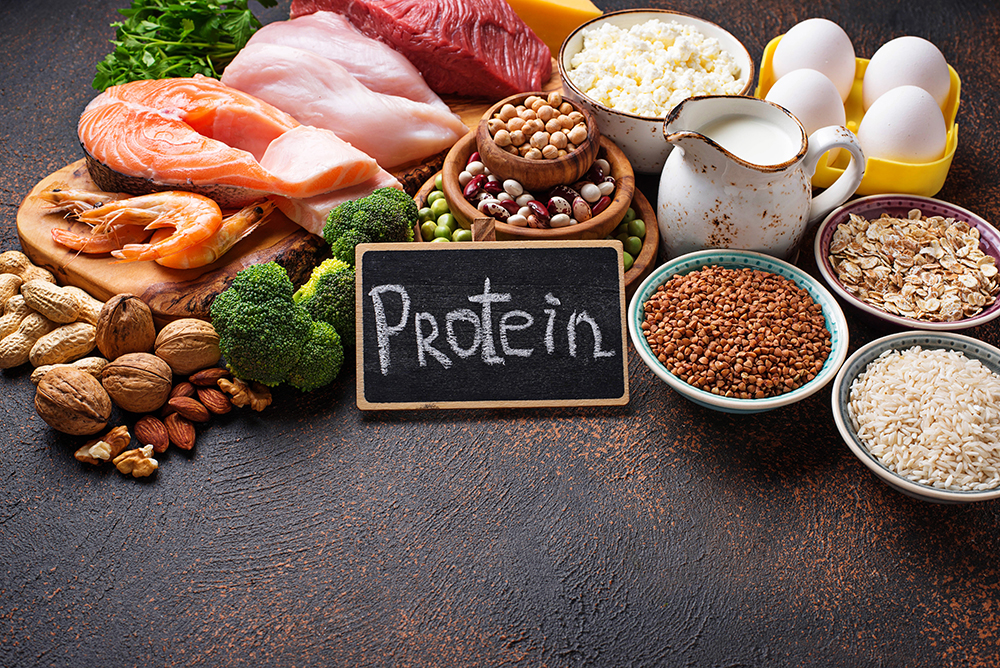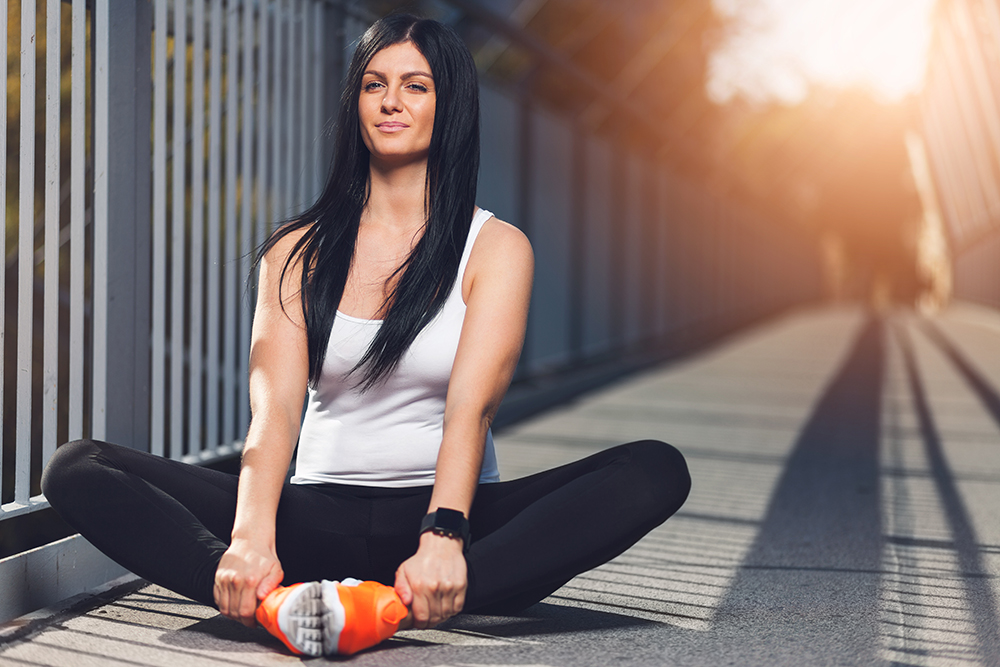As athletes, we all know that recovery is important after long periods of training or even after one intense workout session. There's so much information floating around on how to properly recover, how do we know which methods actually work? Let's take a close look at seven methods that have been scientifically proven to help speed up the recovery process.
Research suggests that sleep deprivation can severely limit your body's performance whether you're a high-performance athlete or someone whose idea of exercise is a brisk walk. Some studies suggest that sleep may be the body's way of renewing itself. A proper night's sleep benefits the mind, the immune system, mood, metabolism and overall energy levels.
If you feel sluggish, sore and run down the day after an intense workout, you may not be getting enough sleep. Make sure that you get a proper night's rest after any intense workout to allow your body to properly recover.
If you're unable to sleep well at night, it's also been suggested that a post workout nap may also benefit your recovery efforts
A grueling workout causes the body to sweat and lose precious fluids, so any recovery routine should involve rehydrating after exercise.
When you sweat, you not only lose fluids, you also sweat out sodium, an essential mineral that helps your body hydrate and retain water. Without sodium in your body, the water you drink during and after a workout may process out of the body via sweat and urine, denying you proper hydration.
Consider supplementing your post-workout hydration efforts with a TapouT Citrus Kick sports drink. TapouT beverages contain 240mg of natural sodium to fully maximize your fluid intake.
Most exercise recovery efforts start after an intense workout, but did you know that hydration for recovery should start well before exercise begins? If you're fully hydrated before you begin your activities, your body may not need as much hydration in order to fully recover. Make sure you keep a close eye on your hydration routine before, during and after exercise to reap the benefits of fluids during recovery.
Nutritionists and trainers suggest that consuming protein a few hours before exercise will aid in your recovery efforts. Proteins contain amino acids which our muscles require to heal and maintain strength. Consuming healthy proteins before a workout will start the recovery process before you even begin to break a sweat.

Even if you've consumed protein before your workout, you may want to consider combining protein and carbs after a workout as well. Foods like yogurt or a peanut butter sandwich will not only give you protein to help muscles begin recovery efforts, the carbs in bread and dairy products will replenish carbs lost during exercise as well.
For some, there's nothing like a cold frosty beverage after a workout, and for a time some suggested that the carbs from a post-workout beer may actually aid in recovery.
Alcohol inhibits the body's ability to process proteins properly. Since protein consumption helps speed up the post-workout recovery process, an alcoholic beverage may greatly hinder your efforts.
Research also shows that any beverage with more than four percent alcohol leads to increased urination, which leads to loss of fluid. As we've already mentioned, hydration is a big key in recovery, so you may want to skip the beer and reach for water or a tasty TapouT sports beverage instead.
When you sweat, you're losing fluids and essential minerals that help your body perform and recover. Besides the previously mentioned sodium, there are four electrolytes lost in sweat that your muscles, heart, brain and nervous system require for proper function.
- Potassium
- Magnesium
- Calcium
- Chloride
Electrolytes like potassium and magnesium help with muscle contraction. A lack of these electrolytes can cause muscles to become cramped, and tight muscles won't recover as well as muscles that have been supplied with the proper electrolytes.
Magnesium and calcium help keep your heart rate steady, allowing for healthy blood flow as your heart rate lowers after a workout and chloride keeps helps maintain the signals your nervous system sends to the rest of the body.
These electrolytes don't occur naturally in water, so you'll need a sports beverage or electrolyte supplement that contains them. TapouT sports beverages are the only major market sports drinks that contain all four of these necessary minerals. Both our Citrus Kick and Cherry Lemonade Blast flavors contain plenty of these electrolytes.
Proper use of a foam roller or a massage from a qualified professional will help ease soreness and loosen muscles allowing fluids, electrolytes and sugars to do their work during the recovery process.
If you plan on using a foam roller during recovery, make sure you evenly target the muscles that endured the most punishment during your workout. This can help prevent an imbalance in muscle recovery and help ease sore muscles quickly.
A massage by a trainer can be much more comfortable than a foam roller routine, but not quite as cost-effective. No matter which method you choose, this process will help your muscles recover much faster from a grueling workout.
Working the same muscle groups several days in a row not only slows the recovery process but opens up the possibility of strain or injury. If your exercise routine is fairly intense, your body may require a day or two off in between sessions. Make sure that your workouts vary from day to day and different muscle groups are targeted.
If you're not into days off, researchers suggest that an active recovery day may be just as effective as complete rest. Try a light intensity activity such as cycling, yoga, jogging or anything you enjoy that isn't as physically demanding as your normal routine.




